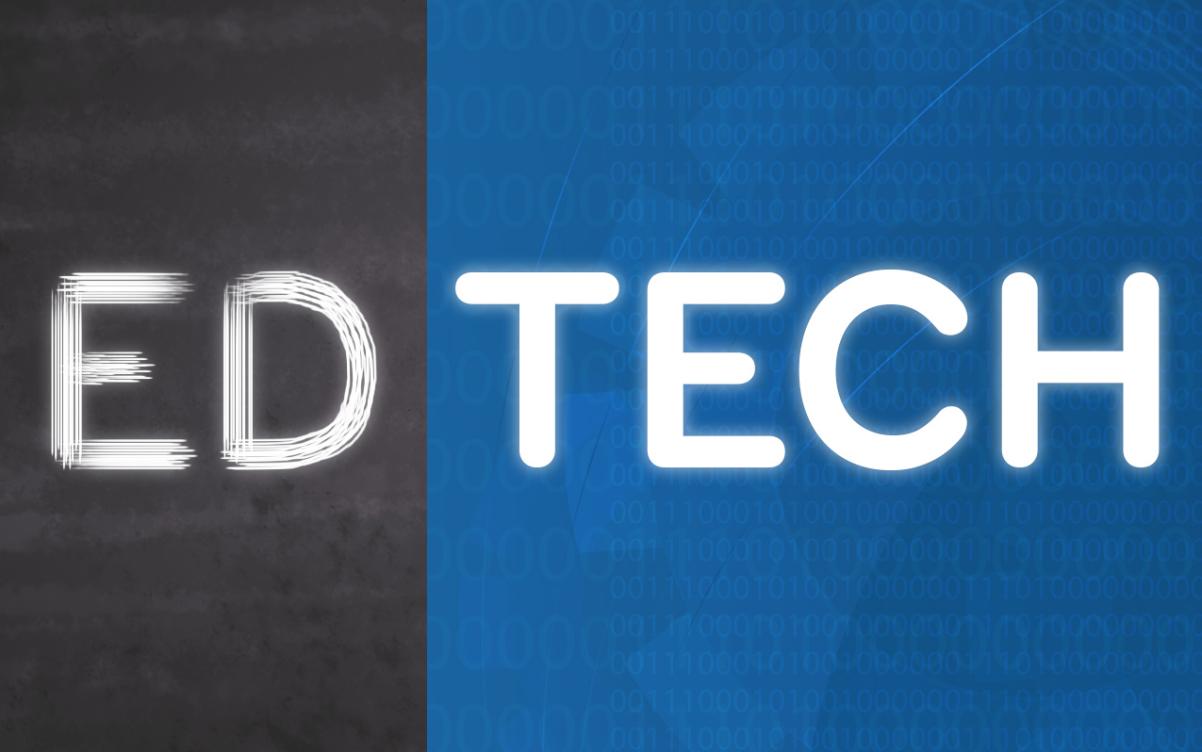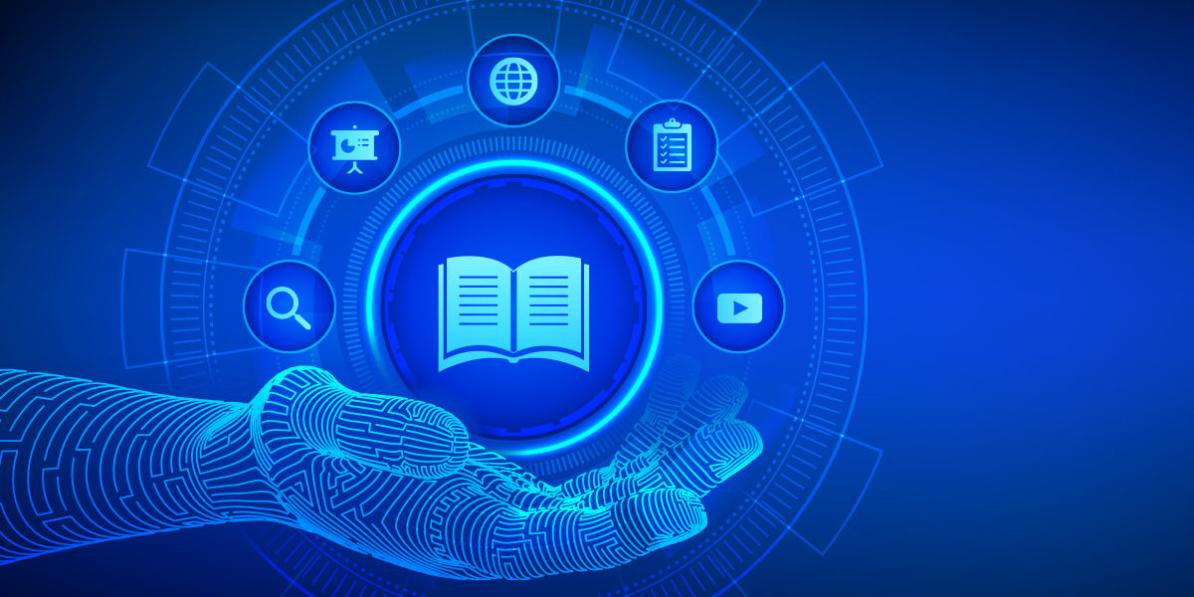How Can AI Be Used to Assess Student Learning?
Artificial intelligence (AI) is rapidly changing the world as we know it, and the education sector is no exception. AI has the potential to revolutionize the way we teach and assess students, offering a range of benefits and challenges that educators need to be aware of.

AI-Powered Assessment Tools
AI-powered assessment tools are already being used in a variety of educational settings, from K-12 schools to universities. These tools can be used to automate grading tasks, provide personalized feedback, and track student progress in real time.
Automated Grading Systems
Automated grading systems are one of the most common types of AI-powered assessment tools. These systems use algorithms to grade student work, such as essays, quizzes, and exams. Automated grading systems can save teachers a significant amount of time, and they can also be more objective and consistent than human graders.
- Benefits:
- Efficiency: Automated grading systems can grade large numbers of assignments quickly and efficiently.
- Objectivity: Automated grading systems are not subject to human biases, which can lead to more consistent and fair grading.
- Time-saving: Automated grading systems can free up teachers' time, allowing them to focus on other tasks, such as providing feedback to students.
- Challenges:
- Potential bias: Automated grading systems can inherit and amplify biases that exist in the data they are trained on.
- Lack of human touch: Automated grading systems cannot provide the same level of feedback and support as human teachers.
Chatbots and Virtual Assistants
Chatbots and virtual assistants are another type of AI-powered assessment tool that is becoming increasingly popular. These tools can be used to provide students with personalized feedback on their work, answer questions, and even help students learn new material.
- Benefits:
- Personalized feedback: Chatbots and virtual assistants can provide students with personalized feedback on their work, which can help them to identify areas where they need to improve.
- 24/7 availability: Chatbots and virtual assistants are available 24/7, which means that students can get help whenever they need it.
- Challenges:
- Limited understanding of complex questions: Chatbots and virtual assistants may not be able to understand complex questions or provide accurate answers to them.
- Lack of empathy: Chatbots and virtual assistants cannot provide the same level of empathy and understanding as human teachers.
Adaptive Learning Platforms

Adaptive learning platforms use AI to track individual student progress and identify areas where they need additional support. These platforms can then provide students with tailored learning paths and resources to help them improve their skills.
- Benefits:
- Tailored learning paths: Adaptive learning platforms can create personalized learning paths for each student, based on their individual needs and goals.
- Real-time feedback: Adaptive learning platforms can provide students with real-time feedback on their progress, which can help them to identify areas where they need to improve.
- Challenges:
- Data privacy concerns: Adaptive learning platforms collect a large amount of data on students, which raises concerns about data privacy and security.
- Potential for algorithmic bias: Adaptive learning platforms may use algorithms that are biased against certain groups of students.
Advantages Of Using AI In Assessment
There are a number of advantages to using AI in assessment, including:
- Increased efficiency and time-saving: AI can automate grading tasks, freeing up teachers' time to focus on other tasks, such as providing feedback to students.
- Enhanced objectivity and fairness: AI can eliminate human biases and inconsistencies in grading, ensuring that all students are evaluated using the same criteria.
- Personalized and adaptive learning: AI can track individual student progress and identify areas for improvement, allowing teachers to provide tailored feedback and learning recommendations.
Challenges And Limitations Of AI Assessment

There are also a number of challenges and limitations associated with using AI in assessment, including:
- Potential for bias and discrimination: AI systems can inherit and amplify existing biases in data, leading to unfair or discriminatory outcomes for certain groups of students.
- Lack of human touch and empathy: AI systems cannot provide the same level of empathy and understanding as human teachers, which can make it difficult for students to feel supported and engaged in the learning process.
- Limited ability to assess certain skills: AI systems may struggle to assess skills such as creativity, critical thinking, and problem-solving, which are essential for success in many academic and professional settings.
Ethical Considerations In AI Assessment
The use of AI in assessment raises a number of ethical considerations, including:
- Transparency and accountability: It is important to ensure that AI algorithms and decision-making processes are transparent and accountable, so that stakeholders can understand how they work and identify and address any potential biases or errors.
- Data privacy and security: It is important to protect student data privacy and ensure its secure storage and use. Clear policies and regulations are needed to govern the collection and usage of student data.
- Equity and access: It is important to ensure that AI assessment tools are accessible to all students, regardless of their background or circumstances. Policies are needed to address the digital divide and ensure equal opportunities for all.
AI has the potential to revolutionize the way we assess student learning, offering a range of benefits and challenges that educators need to be aware of. By carefully considering the advantages and limitations of AI assessment, and by addressing the ethical considerations involved, we can ensure that AI is used in a responsible and ethical way to improve student learning outcomes.
YesNo

Leave a Reply